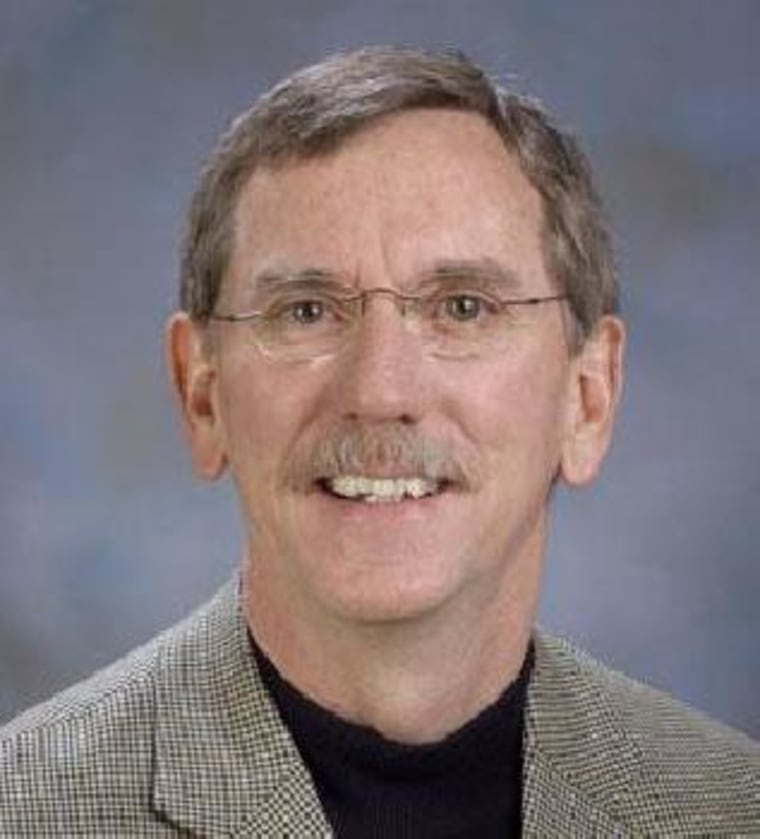It takes a lot of work to find a job and there’s no guarantee of success. Where do you start your search? There are lots of websites filled with job listings, but maybe there's a better way to go.
“While job boards and employment ads matter, be reminded that most jobs are filled before they are listed – especially at the entry and mid-level range,” said Rich Feller, a professor at Colorado State University and president of the National Career Development Association.
Most jobs are found through family and friends, Feller said. So, you need get the word out that you’re looking for work and see if these folks can make some introductions and open some doors for you.
Then go to every employment agency you can find and bring a top-notch resume.
If a part-time job is all that’s available, take it. Part-time work can lead to full-time work. It also puts you in contact with more people at a time when you might be discouraged about your employment opportunities.
“The best time to find a job is when you have a job,” Feller said.
While a resume is important, Feller reminds us that most employers also look at your social media presence to learn about you.
“Some now say your social media footprint tells more than you want others to know,” he said.
During a TODAY Money chat this week, Feller shared advice for finding a job during the sluggish economic recovery.
CHRIS: What can be done to ensure that your resume will be seen when the company application process is done electronically (i.e. no specific recruiter/HR email address is provided)?
Rich Feller: E-scanning has created a new barrier, thus you need to first create a resume that uses the keywords in the job description specifically. And while e-scanning is growing it’s still used less in small to midsize companies, so we need to focus on what I call "hand and mouth." Unless you are speaking with a person and/or handing your resume to a person you will always reduce your probability of getting hired.
Guest: What is a cover letter? I have never used one before and someone suggested that I do. Also is it necessary to still put an objective on the top of your resume?
Rich Feller: Don't use objectives as they are about you. Resumes and cover letters should be all about how you can solve problems and add value from the employer’s eyes. Keep in mind, resumes and cover letters are marketing approaches to keep you in the selection pool.
Guest: After an interview that seems to have gone well, when is it appropriate to send a follow-up email and what should I say?
Rich Feller: Without question send a handwritten note to that person as soon as you get home from the interview. Don't send an email if you can send a handwritten note. I have untold stories of the power of the handwritten note.
Val: Would you say that investing in a consultant/expert for your LinkedIn profile is a smart move?
Rich Feller: Yes, as your profile is increasingly becoming your story. I paid very little to have mine updated.
Feller recommends the following website that may be able to help you with your job search: National Career Development Association, Job Hunters Bible, O*NET OnLine and Salary.com.
Read the full chat with Rich Feller:
Herb Weisbaum is The ConsumerMan. Follow him on Facebook and Twitteror visit The ConsumerMan website.
